The expression “beauty sleep” has been in use for a long time now, hence creating the belief that sleep could be the key to beauty. Why is this so? Among the biological functions of sleep is revitalization of the body, through tissue repair and ensuring that your muscles are well rested.
Internal repair is manifested outwards by improved looks, specifically a radiant skin. Without doubt, beauty sleep is real, but what does it mean and how can you get the best out of it? We have delved into scientific proof, beauty routines, the benefits and everything you need to know about beauty sleep. Read more to make your slumber count.
Sleep and Beauty
Experts call for 7 to 9 hours of sleep each night for your body to benefit maximally. The reason behind this is the cycle of human growth hormone (HGH) production during sleep. HGH helps in controlling chemical reactions which greatly impact growth and wellbeing of the body.
The hormone is produced during sleep by the pituitary gland, which is located in the brain. It’s extremely vital during childhood which explains the fast growth rate at that age. Repair and restoration of the body is made possible when you are resting, asleep and free of any exercise.
HGH is also responsible for promoting metabolism, a key component of a healthy skin. By improving breakdown of food, energy conversion and elimination of waste, HGH plays a monumental role in ensuring that your skin remains toxin-free and beautiful.
The hormone also helps in the turnover of collagen, the most abundant structural protein in the body. Collagen is the protein tasked with healing and renewal of the skin. Its effects are visible on skin including improved elasticity, hydration, less wrinkles and fine lines, and improved appearance of stretch marks.
And not to forget, collagen is a building block for hair and nails.
Release of HGH During Sleep
It’s estimated that 75% of HGH is released into the bloodstream during sleep. Typically, the release starts after an hour of sleep, also known as the initial stage of Stage 3 sleep. This is also known as the deep sleep phase and you can pass through it several times before waking up.
About one-quarter of your night sleep is spent in this phase. Also known as the slow wave sleep, it’s a major restorative phase for the body. Lack of sleep or deviations from normal sleeping patterns can make you miss this important part of your sleep.
This can affect your appearance by inducing aging processes.
Other Hormones that Also Play a Role in Beauty Sleep
Although HGH is the major hormone released, the action of other hormones also affects your beauty as you sleep; in particular Melatonin and Cortisol.
Melatonin is produced by the pineal gland, a pea-sized gland located in the brain. It’s responsible for controlling sleep patterns. In scientific terms, the pattern is referred to as the circadian rhythm, a 24 hour cycle that affects the body’s interpretation of day length.
Melatonin release starts to increase in the evening and peaks during the middle hours of sleep. The levels start to decrease as morning approaches and drop significantly with sun rise. Apart from affecting duration and intensity of sleep, melatonin functions as an antioxidant. To this end, it helps in keeping free radicals off your skin.
Cortisol on the other hand is linked to stress. During the final hours of sleep its levels decrease significantly. This is followed by decrease in the skin’s temperature which allows your muscles to relax. This gives your skin the best chance to recover from fatigue and the wear that it underwent during the day.
The Benefits of Beauty Sleep
1) Maintaining Hormonal Balance
Sleep deprivation and insomnia are some of the conditions that ruin your looks and performance. Much of this is attributed to deviations in hormone production, which is the reason behind taking supplements of the above three hormones. To keep supplements and your beauty intact, adopt a healthy sleeping pattern.
2) Reducing Wrinkles and Smoothing Skin Texture
Among the repair processes that takes place as you dream away is improvement of wrinkles appearance. Allowing chronic stress and lack of sleep to take over your life will impair the integrity of collagen in the body. When collagen is broken down, the skin loses its thickness, firmness and elasticity.
These are vital properties without which the skin will be less smooth and wrinklier. If this persists, the missed sleep hours will eventually translate into a more aged appearance.
3) Reducing Inflammation
Missing sleep can lead to worsening of inflammations on the skin. The main culprit in this is the hormone cortisol which is triggered by lack of sleep and stress. When inflamed, the ability of your skin to maintain protein integrity is reduced. This leads to a less radiant appearance.
Inflammation can also reduce blood flow through the body. Without efficient blood flow, oxygen supply to the skin is reduced. This results to an ashy, blotchy and in some cases, pronounced pigmentation.
4) Preventing Puffy Eyes
Puffy eyes are a true beauty killer. With eyes being the window to your soul, they need to stay pristine. Among the main causes of dark circles under your eyes is lack of enough sleep. The symptom is caused by dilation of blood vessels around the eyes.
This is made more noticeable by the fact that the skin around your eyes is thin and very sensitive. The condition worsens with age due to weakening of the muscles and tissues that support the eyes. Sleep deprivation also destabilizes water balance in the body, another cause of puffiness.
5) Preventing Hair Loss
Yes you read that right, lack of enough sleep can cause hair loss.
The relationship between hair loss and sleep is linked by high stress levels which can result from sleep deprivation. The condition is however a complex one and comes in various forms;
- Alopecia areata: This is sudden or gradual hair loss occasioned by various factors including severe stress. Also known as spot baldness, Alopecia areata is a possible autoimmune condition which attacks hair follicles. Apart from getting enough sleep, cortisol supplements are recommended as treatment for the condition.
- Trichotillomania: This is a habitual reaction to stress, anxiety or even boredom. It involves pulling out hair from your own body including from the head and eyebrows. The condition is common in people who target hair for stress relief; similar to scratching on your skin when stressed.
- Telogen effluvium: The condition is described as frequent periods of hair loss lasting for over 6 months. It can also manifest as hair thinning. Typically, you lose about 100 hairs per day, which are replaced with time. With the condition though, you lose about 300 hairs daily followed by much slower replacement.
Hair loss is usually not a permanent illness. When it’s stress-induced, the condition can be is easily reversible. All it takes is identifying the triggers and if sleep deprivation is the main reason, getting enough shut eye will get your hair growing again. sometimes we don’t even recognize we are stressed, it may be you have started a new career that takes a lot out of you, like some feel in long hour shifts like on most medical careers.
That said, sudden hair loss without prior stress indicators is cause for worry. This could be a signal to a serious medical condition. You should therefore consult your physician. Of concern would be underlying diseases such as thyroid disorders and anemia. It could also be a symptom of skin diseases such as seborrheic dermatitis and psoriasis.
6) Keeping Your Skin Hydrated
Hydration is important for healthy skin. Sleep helps by ensuring that your body rebalances its hydration and improves moisture recovery.
Have you ever noticed that you sweat more during your sleep? This is because you perspire more during sleep, with the sweat ending up on the skin surface. To this end, sleep enhances natural moisturisation of the skin.
That’s not all; missing out on sleep can suppress rejuvenation processes which includes balancing skin’s PH levels. Without the much needed sleep-induced perspiration, PH levels drops causing the skin to dry out more.
7. Maintaining an Ideal Weight
It’s hard to resist your go-to treats if they are forever in front of you. It’s also true that the longer you are awake the more you will be tempted to eat. Both scenarios lead to weight gain, which can be kept in check by getting a good night sleep. Also, losing weight has been found to be easier if you incorporate enough sleep to your routine.
Scientific Studies on Sleep and Beauty
As fate would have it, there are many studies on the correlation between sleep and different aspects of beauty. Below are some of the highlights;
- According to a study by University of Chicago, sleep deprivation can negatively affect dieting. In the study involving 10 overweight volunteers. It was found out that with adequate sleep, dieters lost more fat compared to when they slept less.
Cutting on sleep was also concluded to contribute to high levels of ghrelin, a hormone that makes you hungrier.
- A study using visual observation found out that sleep deprivation led to unattractive appearance. In the research involving 23 healthy participants, it was found that; “sleep deprived people appear less healthy, less attractive, and more tired compared with when they are well rested”.
The study was carried out by a sleep laboratory in Sweden. The parameters investigated included perceived tiredness, health and attractiveness.
- A similar research went further by investigating the willingness of observers to trust and socialize with sleep deprived people. From the findings, it was found that others will be more wary of you if you appear sleepy and tired.
In a BBC News article where the study was highlighted, researchers were quoted saying, “An unhealthy-looking face, whether due to sleep deprivation or otherwise, might activate disease-avoidance mechanisms in others”. Simply put, if you are looking sleep deprived, peoples will associate your look with an ailment and will keep off.
How to Get Your Beauty Sleep
From the above information, it’s abundantly evident that beauty sleep is real. To tap into this though, you have to sleep right. For starters, aim for 7 to 9 hours per day of uninterrupted sleep. This will ensure that you undergo all the stages of healthy sleep. Here are some more pointers.
- Adopt the right sleeping posture: Sleeping on your sides leads to wrinkle formations on your face. These are however temporary and smoothen within a short time of waking up. However, if this becomes your everyday routine, the wrinkles can persist. You can remedy this by sleeping on your back.
- Invest in a silk pillow: Sleeping on the back does not work for everybody; this does not however mean that your face is doomed. The right pillow could be your savior. Go for silk pillowcases- they are gentler, smoother, and less likely to crease your face.
Also, compared to other fibers such as cotton, silk helps in keeping your skin hydrated; it’s less irritating and doesn’t draw moisture and natural oils from the skin.
- Stay hydrated: Drink at least a glass of water before going to bed. This will counter perspiration, which as noted earlier, increases when you sleep. Slapping a topical moisturizer will also go a long way in keeping your skin hydrated overnight.
- Avoid alcohol and salty foods: What you eat or drink near your bedtime can affect your sleep. Of concern is alcohol and salty foods. These are known to have a dehydrating effect on your tissues. To compensate, fluids from around the eyes may be drawn into the body leading to puffy eyes.
- Mind your hair: Products that you use on your hair can be counterproductive to beauty sleep. Especially so if the hair ends on your face where it can irritate your face. Avoid this by wearing your hair up and covering it in a silk scarf. Take care not to pull your hair too tightly leading to breakage.
- Take a hot bath: Before sleeping, it’s advisable that you cleanse your skin of impurities. One simple way of doing this is to take a hot bath which also serves to warm you up. As your body cools down, sleep will come easily.
- Keep the Thermostat Low: The body’s natural temperature lowers at night. This helps in improving blood flow and metabolism. This is essential for keeping your skin oxygenated and toned. With this in mind, set your thermostat low at night- about 68°F (20°).
From benefiting your skin, hair and bodily functions, sleep is a vital part of life; it can almost be said to be the ever elusive fountain of youth. It’s a way of ensuring that your body gets to rest from the day’s ups and downs. With a good sleep your body gets rejuvenated for a brand new day.


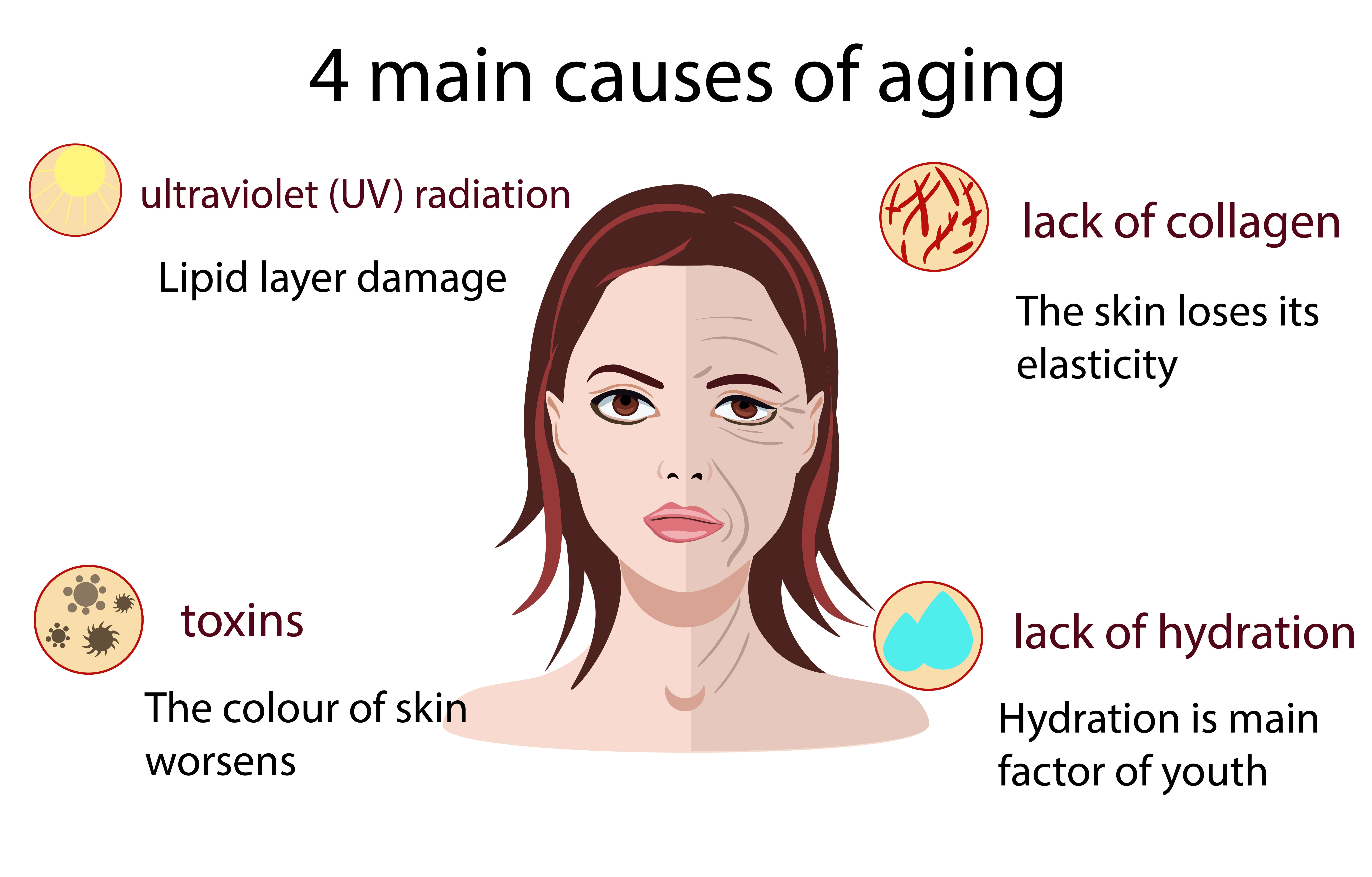
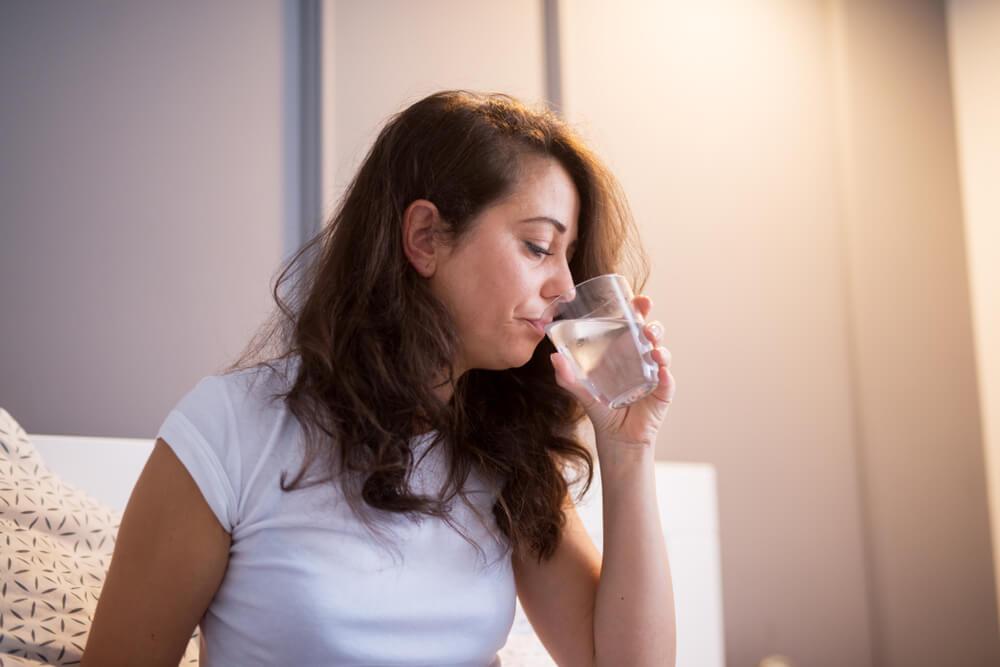
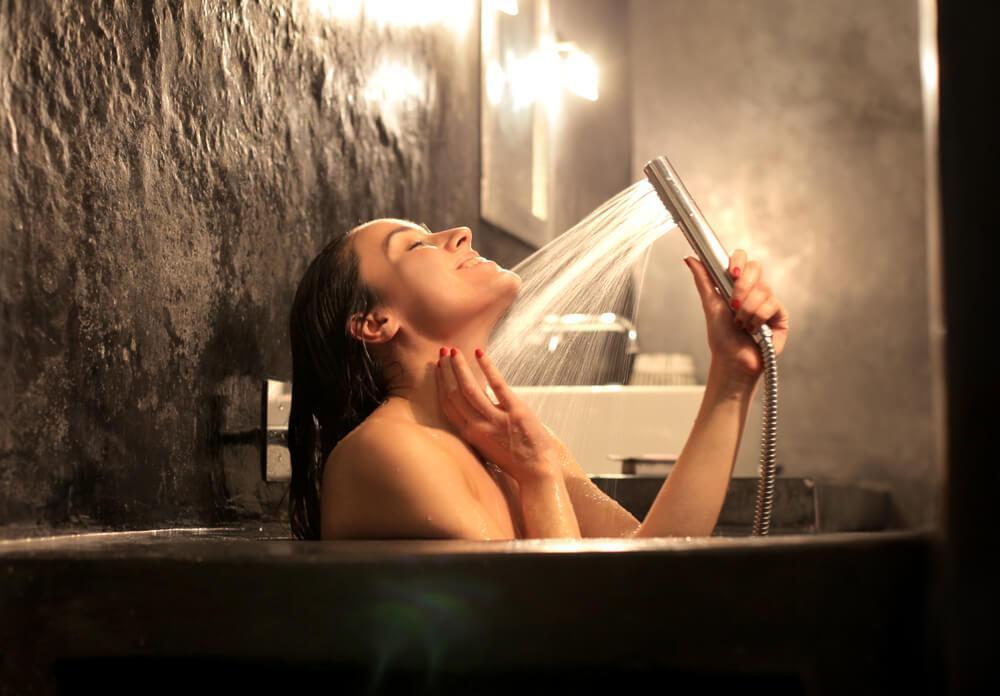

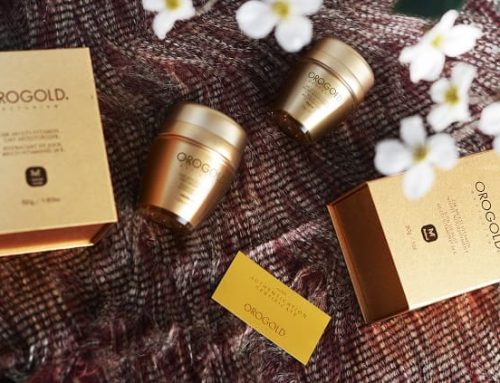
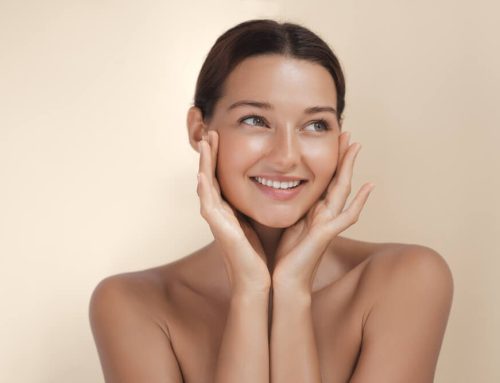

Leave A Comment